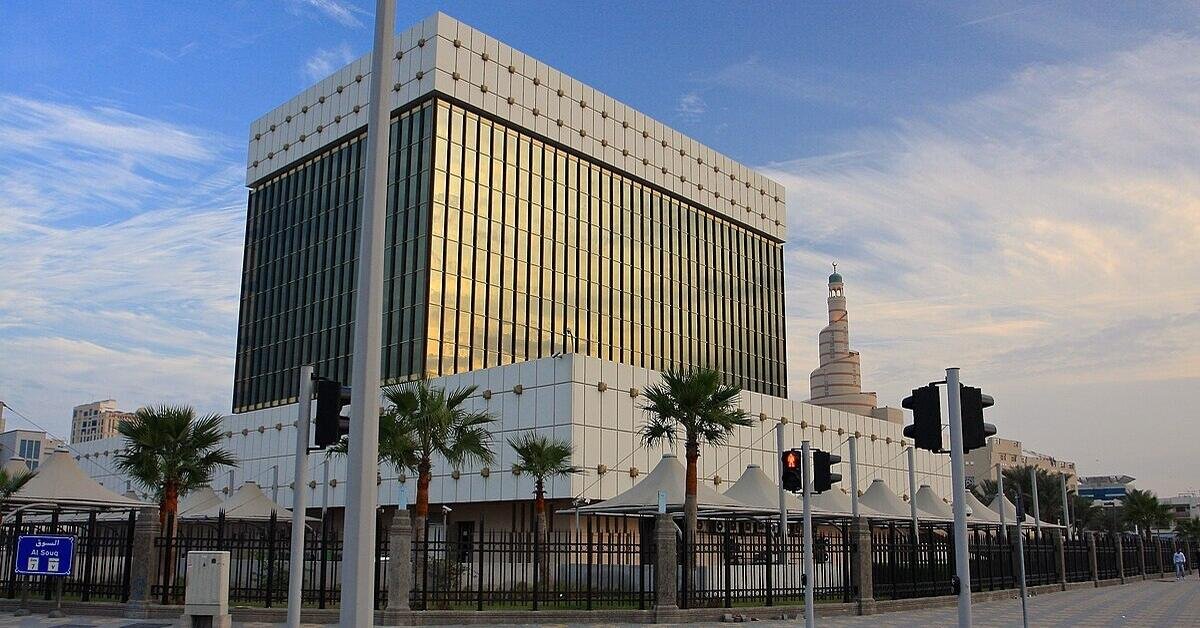Christmas is one of the most celebrated holidays globally, marking the birth of Jesus Christ, known as ‘The Son of God’ in Christianity. Every year, on December 25, people from all corners of the world come together to celebrate this joyous occasion, rich with history, traditions, and deep religious significance. But have you ever wondered why Christmas is celebrated specifically on December 25? Let’s take a closer look at the origins of this date and its evolution into the global celebration we know today.
Why Is Christmas Celebrated on December 25?
Christmas marks the birth of Jesus Christ, who is central to Christianity as the Son of God. However, the Bible does not provide a specific date for the birth of Jesus, and early Christians did not universally celebrate Christmas on the same date. In fact, some early Christian communities observed the holiday on other dates, such as January 6 or March 25, but the 25th of December eventually became the most widely accepted date.
The origins of choosing December 25 are thought to lie in the intersection of Christianity with earlier pagan traditions. According to the Encyclopaedia Britannica, the decision to celebrate Christmas on December 25 can be traced back to the Roman Empire in the 4th century, during the reign of Emperor Constantine. In 336 CE, the Church in Rome officially adopted December 25 as the day to celebrate Jesus’s birth.
The Connection to Saturnalia: One theory behind this choice is that December 25 aligns with the Roman festival of Saturnalia, which honored Saturn, the god of agriculture. Saturnalia, celebrated at the winter solstice, was a time of feasting, gift-giving, and merrymaking. It was a time when the days began to grow longer after the solstice, symbolizing the return of light—a fitting metaphor for the birth of Jesus Christ, who is often referred to as the “Light of the World.” By aligning the celebration of Christ’s birth with Saturnalia, early Christians found a way to repurpose a popular pagan holiday into a Christian celebration, helping the transition from paganism to Christianity.
The Evolution of Christmas Traditions: Over time, Christmas evolved and began to absorb customs from various cultures, including nativity scenes, Christmas carols, and gift exchanges. These traditions reflect both Christian teachings and pre-existing customs. For example, the exchange of gifts is symbolic of the magi’s gifts to the infant Jesus.
The influence of medieval European culture further shaped Christmas celebrations, turning it into a season of feasts, theatrical performances, and community gatherings. Symbols such as the Yule log, once associated with winter solstice celebrations, were incorporated into Christmas, representing warmth and light in the darkest days of winter.
The Transition from Pagan Festivals to Christmas Traditions
While December 25 was selected to coincide with the Saturnalia, the influence of pagan customs didn’t disappear. Many traditions that originated in these ancient festivals eventually made their way into modern Christmas celebrations. Elements such as gift-giving, feasts, and the celebration of light during the dark winter months found a natural fit in the new Christian holiday.
As Christianity spread throughout Europe, Christmas celebrations absorbed elements from various cultures. From the medieval period onward, Christmas became a season of theatrical performances, feasts, and community gatherings. In some regions, the Yule log, a pagan symbol of light and warmth, became a central feature of Christmas traditions.
How to Celebrate Christmas 2026
Whether you’re celebrating Christmas as a religious observance or as a time for family, friends, and festive cheer, here are some ideas on how to celebrate Christmas 2026:
- Attend a Christmas Service: For many, Christmas is a deeply spiritual occasion. Attend a church service to reflect on the true meaning of the season. Many churches offer special Christmas Eve or Christmas Day services, often featuring nativity plays, choir performances, and prayers.
- Decorate Your Home: Transform your home into a winter wonderland. Decorate with Christmas lights, ornaments, and a Christmas tree. Many families also place nativity scenes to remember the birth of Jesus Christ.
- Gift-Giving: One of the most cherished Christmas traditions is the giving of gifts. The tradition stems from the gifts the magi gave to Jesus. Make thoughtful gifts for your loved ones, whether they’re homemade or purchased.
- Christmas Feast: Christmas is a time to indulge in festive meals with loved ones. Many cultures have traditional Christmas dishes, from turkey to ham, and desserts like Christmas pudding, gingerbread, or fruitcake.
- Spread Kindness: Christmas is about giving, and one of the most rewarding ways to celebrate is by helping those in need. Volunteer at a local food bank, donate clothes or toys to charity, or perform acts of kindness in your community.
Why We Love Christmas
- Joyful Spirit: Christmas brings a sense of joy and excitement. It’s a time when families come together, share laughter, and create lasting memories. From decorating the tree to sharing meals, the season is filled with special moments.
- The Spirit of Giving: The holiday reminds us of the importance of kindness and generosity. Giving gifts, donating to charity, and helping others are all integral to the Christmas spirit.
- Holiday Traditions: From watching classic Christmas movies like Home Alone to singing carols, Christmas is steeped in beloved traditions. These customs connect us to the past and help pass down the holiday spirit to the next generation.
- Magical Atmosphere: The holiday season is truly magical. The twinkling lights, the festive decorations, and the winter wonderland landscapes create a sense of awe and wonder. It’s a time when people of all ages can feel like children again.
Interesting Facts About Christmas
- The Christmas Tree Tradition: The tradition of the Christmas tree began in Germany during the 16th century, but it became popular across the globe in the 19th century.
- The Birth of Santa Claus: Santa Claus as we know him today evolved from various legends, including Saint Nicholas, a 4th-century bishop known for his generosity. The modern image of Santa Claus was popularized in the 19th century, particularly through the Coca-Cola company’s iconic advertisements.
- Christmas Music: The song “Jingle Bells,” now associated with Christmas, was originally written for Thanksgiving.
- Global Celebrations: Christmas is celebrated in many different ways around the world. In Spain and Latin America, the holiday is celebrated with a large family dinner on Christmas Eve, while in Italy, the feast of the seven fishes is a popular tradition.
Christmas Wishes for 2026:
- “Wishing you a Merry Christmas and a prosperous New Year! May this festive season bring peace, joy, and success to you and your loved ones.”
- “As we celebrate the season of giving, we want to express our gratitude for your continued support. Wishing you and your family a very Merry Christmas and a wonderful New Year ahead.”
- “May this Christmas fill your heart with love and your year with success. We wish you a festive holiday season and look forward to continuing our partnership in the coming year.”
- “Season’s greetings to you and your family. May the holidays bring you happiness, and the New Year bring new opportunities, growth, and success.”
- “In this season of joy, we want to extend our heartfelt thanks for your hard work and dedication. Wishing you and your family a Merry Christmas and a prosperous New Year filled with health and happiness.”
- “Merry Christmas and Happy New Year! May the spirit of the season bring you warmth, and the coming year bring you success in all your endeavors.”
- “Sending you the warmest Christmas wishes. May this festive season bring you closer to those you cherish and fill your heart with happiness and peace.”
- “Wishing you a season of joy, a holiday filled with love, and a New Year full of new opportunities and success. Merry Christmas and Happy New Year!”
- “May the spirit of Christmas bring peace, and the New Year bring fresh opportunities for growth and success. Wishing you and your team a joyful holiday season!”
- “Merry Christmas to you and your family. We appreciate your partnership and look forward to another year of shared success and growth. Have a wonderful holiday season!”
Wishing You a Merry Christmas 2026!
As we approach Christmas 2026, we would like to wish you and your loved ones a joyful and peaceful holiday season. May the spirit of Christmas fill your home with love, laughter, and happiness. Whether you’re celebrating with family, friends, or taking time for reflection, remember that Christmas is a time for sharing kindness, appreciating what you have, and making meaningful connections.
Merry Christmas!












Add a comment